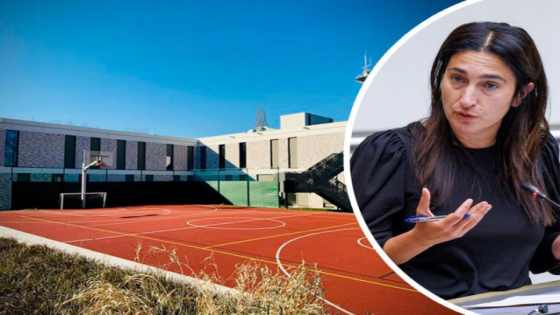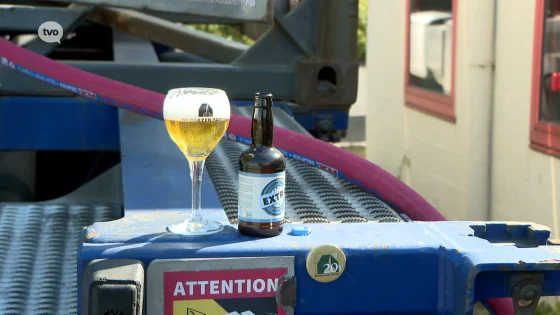Vlaams minister van Justitie Zuhal Demir presenteert plannen voor de gemeenschapsinstellingen voor criminele jongeren, een onderwerp dat de Belgische politiek in beweging zet. Op 2025-05-17 05:00:00 werd duidelijk dat de Vlaamse regering de instellingen wil overhevelen van Jeugdzorg naar Justitie.
- Vlaamse regering wil jeugdinrichtingen overhevelen
- Oppositie noemt plan duur en zinloos
- Groen dient resolutie tegen overheveling in
- Jeugdzorg kampt met ernstig plaatsgebrek
- CD&V waarschuwt voor versnippering en kosten
- Demir streeft naar scheiding jeugdhulp en justitie
Deze hervorming roept veel vragen op: lost het de problemen in de Bijzondere Jeugdzorg echt op, of creëert het alleen nieuwe uitdagingen? De oppositie, waaronder Groen, uit felle kritiek en vraagt zich af of deze dure operatie wel zinvol is.
Wat betekent deze verandering voor jongeren en personeel in instellingen zoals Mol, Ruiselede en Everberg? En waarom is er zoveel weerstand binnen en buiten de meerderheid? Hieronder volgt een helder overzicht van de situatie en de belangrijkste punten.
Is the transfer of community institutions to Justice the right solution for youth crime in Flanders? Critics argue it overlooks urgent issues like staff shortages and lack of capacity. Key points include:
- Current crisis in youth care with insufficient places and high staff turnover
- Opposition calls the reform costly and ineffective, fearing it mainly expands the Justice Agency
- Even coalition partners express doubts about fragmentation and continuity
- Minister Demir insists on separating youth welfare from juvenile delinquency management
As negotiations continue, the Flemish government must balance reform ambitions with practical solutions. Will the planned changes improve outcomes for vulnerable youth, or should priorities shift to strengthening existing care? Belgian citizens and policymakers alike await clear answers.






























